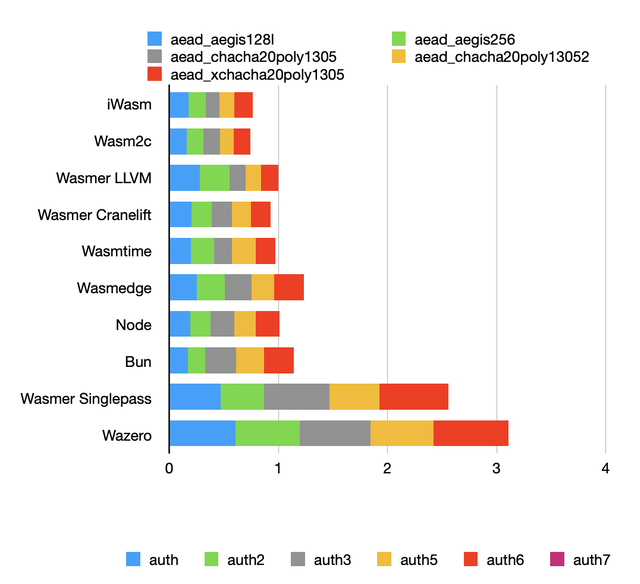Phoronix: Wasmer 4.0 WebAssembly Implementation Brings WASIX Support
Wasmer is an open-source WebAssembly implementation that is focused on running sandboxed applications everywhere thanks to the power of WASM while being as performant as traditional native applications. Today marks the availability of Wasmer 4.0 as another step forward for this project...
Wasmer is an open-source WebAssembly implementation that is focused on running sandboxed applications everywhere thanks to the power of WASM while being as performant as traditional native applications. Today marks the availability of Wasmer 4.0 as another step forward for this project...



Comment